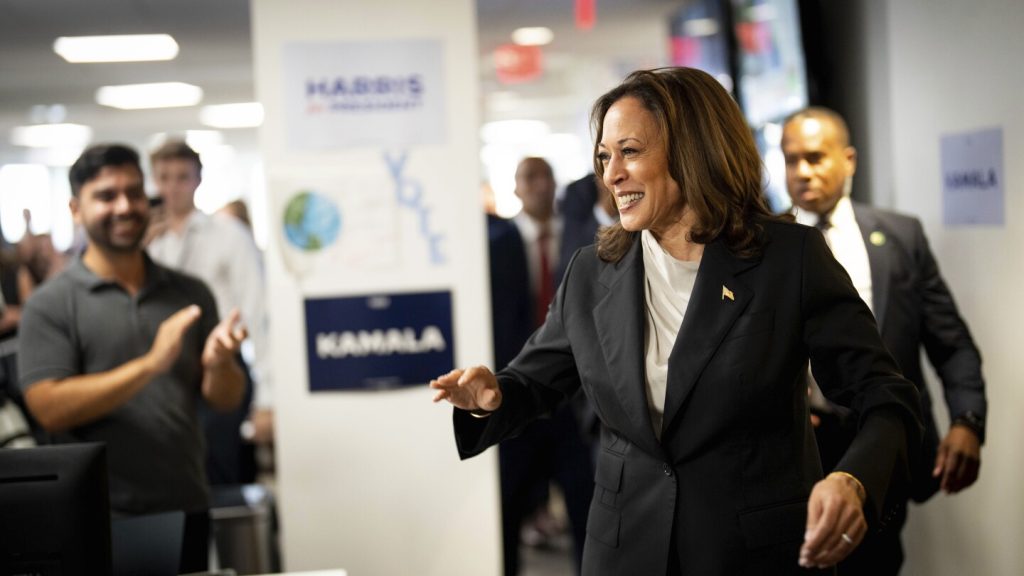Vice President Kamala Harris is on a tight timeline to select a running mate for her upcoming campaign, with the goal of finalizing the decision before the Democratic National Convention in August. Former U.S. attorney general Eric Holder and his team at Covington & Burling are leading the vetting process for potential candidates. The focus has been on white male contenders, such as Mark Kelly, Josh Shapiro, Andy Beshear, and Roy Cooper, who could bring demographic balance to the ticket alongside Harris, a woman of color. The discussions around the possible running mates may evolve as Harris aims to complete the selection process efficiently and without drama.
The choice of a vice president is a critical decision for Harris, who has already secured the delegates needed to become the Democratic nominee. Having been chosen as Joe Biden’s running mate in the 2020 election, Harris understands the importance of this decision. With Biden recently announcing he will not seek a second term, Harris has emerged as his successor with the backing of the president. The potential nomination of Harris as the Democratic candidate sets the stage for a showdown with Republican candidate Donald Trump in a contest that both parties consider crucial for the country’s future.
California Sen. Laphonza Butler, a close ally of Harris, emphasized the urgency but also the deliberate approach Harris is taking in selecting her running mate. Drawing from her experience as a vice presidential candidate in the previous election, Harris understands the significance of the working relationship, trust, and shared values essential for a successful partnership. The vice president is seeking a candidate who can step into the role if needed, focusing on readiness and capability above electoral considerations. The decision-making process is crucial as Harris and Democrats aim to project confidence amid a tumultuous period for the party.
As the process unfolds, Harris has a vast pool of potential candidates to choose from, thanks to what some describe as the Democratic Party’s strongest bench in recent memory. The focus remains on finding a running mate who can pass the readiness test and step into the role of president if necessary. The historical significance of the vice president’s role as a potential successor underscores the importance of this decision. The evolution of the vice presidential selection process over time has led to a more deliberate approach in choosing a running mate who can be a top adviser, troubleshooter, and emissary for the president.
In contrast to the Republican ticket led by Donald Trump and his running mate JD Vance, who was chosen at the recent Republican convention, Harris is expected to select a more moderate candidate to complement her background as a liberal from California. Potential contenders like Andy Beshear, Josh Shapiro, Mark Kelly, and Roy Cooper bring diverse backgrounds and experiences to the table. Each candidate brings unique strengths, whether it’s Beshear’s political communication skills, Shapiro’s advocacy for Biden, Kelly’s background as an astronaut, or Cooper’s track record in North Carolina politics. The decision on Harris’ running mate will play a crucial role in shaping the Democratic ticket for the upcoming election.















